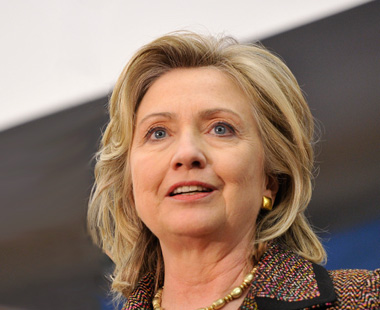There’s a bit of news from the G8 summit that might have escaped notice: International leaders agreed to take collective action to decrease greenhouse-gas emissions. And pigs do fly.
The agreement (which, unlike flying pigs, is real — we promise) could be “the biggest step in years in tackling climate change,” as The Telegraph’s Geoffrey Lean says. The catch is that it has nothing to do with carbon dioxide. Instead, it focuses on “short-lived climate pollutants” — all those other pesky carbon-based greenhouse gases, like methane, soot, and ozone.
Decreasing the concentration of these gases in the atmosphere could buy the world some time — three decades or so — to deal with the gobs of carbon dioxide we’re pumping out. Because these other pollutants hang out in the atmosphere for shorter periods of time, it’s easier to decrease their concentrations. Those concentrations might not be as high as the concentration of carbon dioxide, but since the short-lived pollutants are more potent greenhouse gases, decreasing their concentration can have an outsized impact.
Hillary Rodham Clinton, shoring up her new title as Keeper of All that is Awesome, launched an initiative to deal with short-lived pollutants back in February. Two G8 nations (the U.S. and Canada) were already on board. Now the other six have signed on, too. And there’s going to be a report! From the World Bank! Which isn’t the same as actually reducing greenhouse-gas concentrations. But progress is progress.



